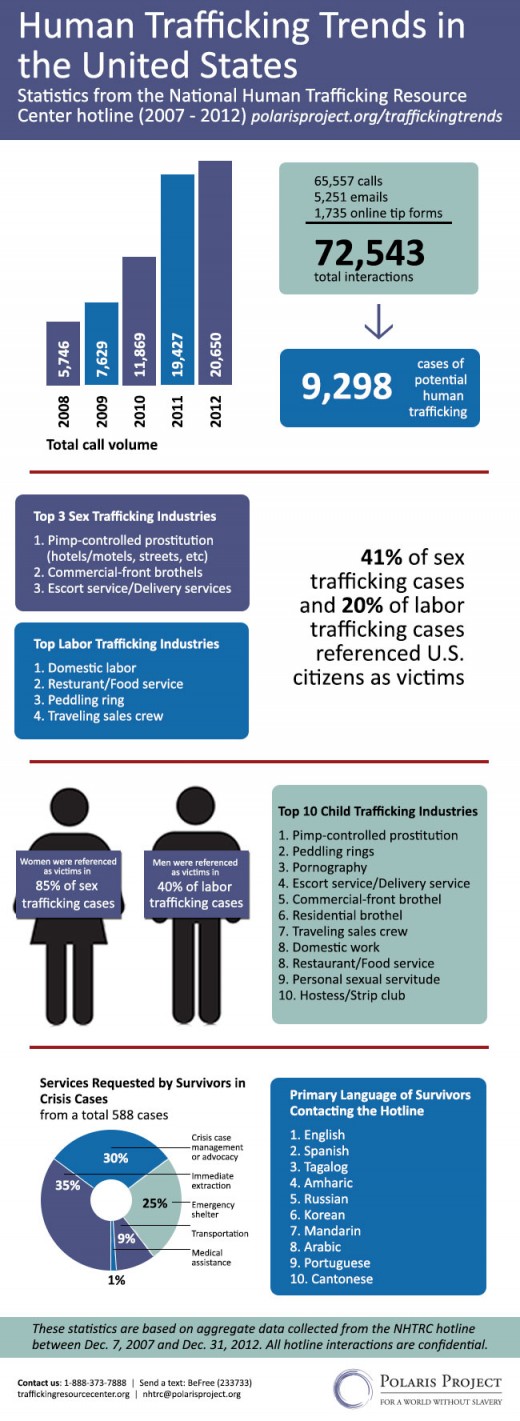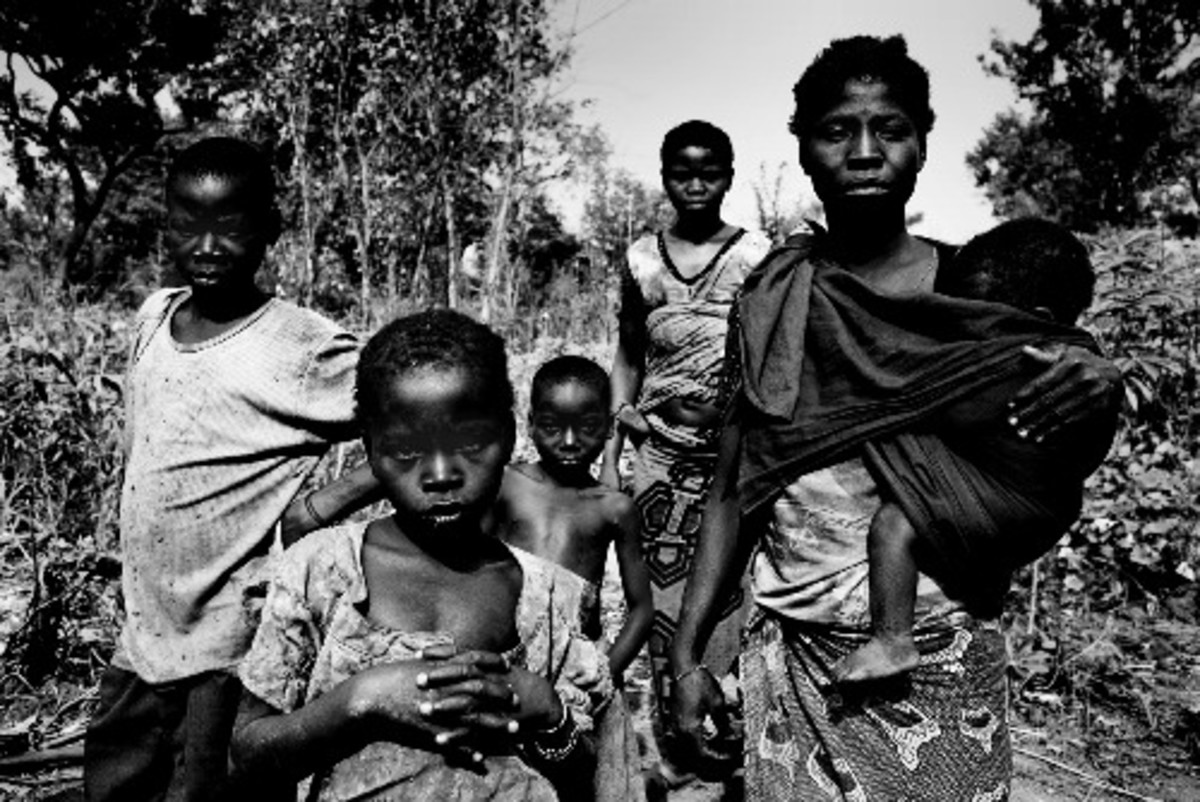HumanTrafficking Prevalent Near US Military Bases

Sexual Slavery Taking Place Near US Military Bases
In March 2002, Fox news conducted an undercover report involving a U.S. military base in South Korea. The data they found was not ordinarily shocking upon first glance, but the underlying secrets involved have left many human rights organizations astounded.
Human trafficking generates $9.5 billion yearly in the United States alone. In territories near US military bases, traffickers use the same solicitation and deception techniques as international human traffickers, to try to appeal to the wealthy American "clientele."
Despite the fact that protocol forbids members of the U.S. military from soliciting prostitution, many of the soldiers and employees from this base were able to visit local brothels with the help of Courtesy Patrol Officers. It may not seem outrageous that men who are away from the comforts of home for extended periods of time might seek comfort in questionable places. What is shocking, however, is that most of the women providing services for these American military men are actually victims of sex trafficking.
How It Starts
The U.S. government has struggled over the years to impose sanctions on countries which fail to comply with human trafficking laws. However, its own military may be the catalyst for several trafficking organizations which specialize in enslaving women. When the U.S. military establishes a base in another country, particularly in impoverished regions, organized crime bosses rush to establish brothels and services for the foreign servicemen. To fill the perceived demand, runners coerce underprivileged women with promises of work abroad, only to force them to work in the sex industry against their will. Many of these women end up working near the military bases, to quickly supply the area with the services crime bosses feel the men will need.
Members of the U.S. Justice department have explained that it is difficult to prevent this from occurring, because, due to the language involved in several policies, there is no differentiation between willing prostitutes and enslaved trafficking victims. As one prosecutor eloquently puts it, Are we interested in chasing every contractor that gets a hooker or using our resources to go after the guys who force people into modern-day slavery?

But Where Does It End?
It is also impossible for international organizations to supply the manpower needed to regulate the off-the-clock behavior of servicemen. Most FBI agents and other officials stationed abroad are put there to regulate more white-collar crimes such as extortion and financial fraud. U.S. government officials have stated that they feel it is more important to prevent corruption within the military than to involve themselves with international crime.
Many countries which have the worst reputations for sex trafficking have been trying to crack down on the crime in recent years in accordance with UN policies. However, their efforts have been met with opposition as many of the brothels are located too near the military bases, which are technically on U.S. soil, for the local governments to legally get involved without stepping on any toes. This leaves both the U.S. and local governments without any way of regulating this crime.
- On EXPOSÉ: Human Trafficking to Military Bases | The Center for Investigative Reporting
Are U.S. tax dollars fueling an illicit human pipeline that exploits and endangers foreign workers?






